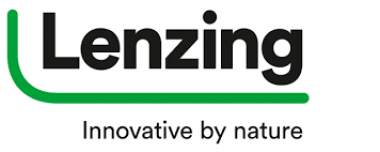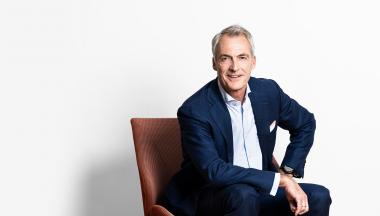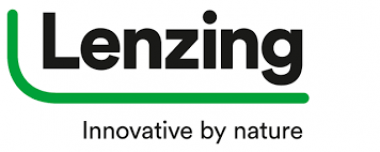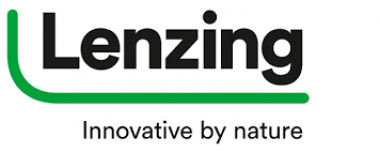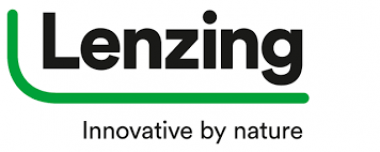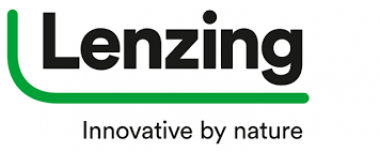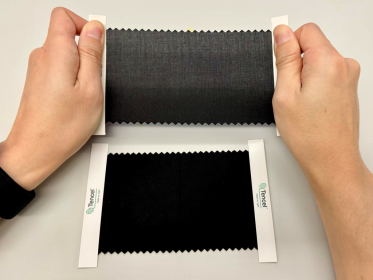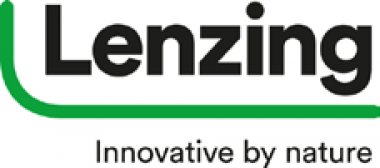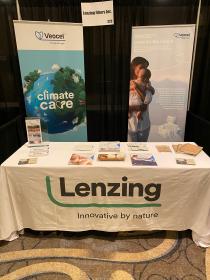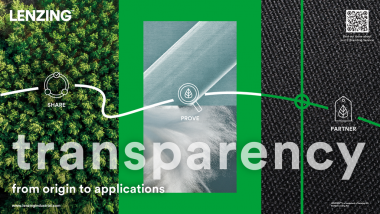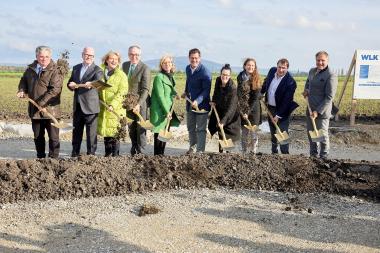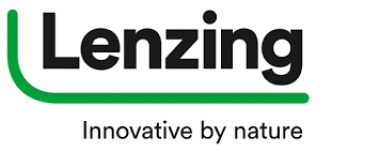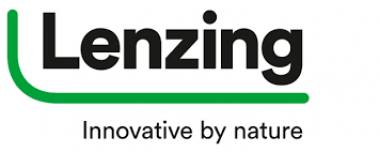Lenzing honours early stage researchers with the Young Scientist Award
For the third time, Lenzing is presenting the Young Scientist Award at the Dornbin Global Fiber Congress (GFC) from 11 to 13 September 2024 for bachelor and master students who are working on innovative solutions to ecological challenges in the fiber and textile industry. The application deadline is 30 June 2024 and the winning project will receive prize money of EUR 5,000.
Bachelor's and master's degree students can submit their scientific work in the categories “Fashion and Circular Economy”, “Alternative Raw Materials” and “Textile Recycling" as well as in the field of “New Fiber Technologies” and face a jury of renowned experts from the industry. The aim is to promote students who inspire the industry with their research results and to create a platform for networking with the textile and fiber industry.
Lenzing AG





